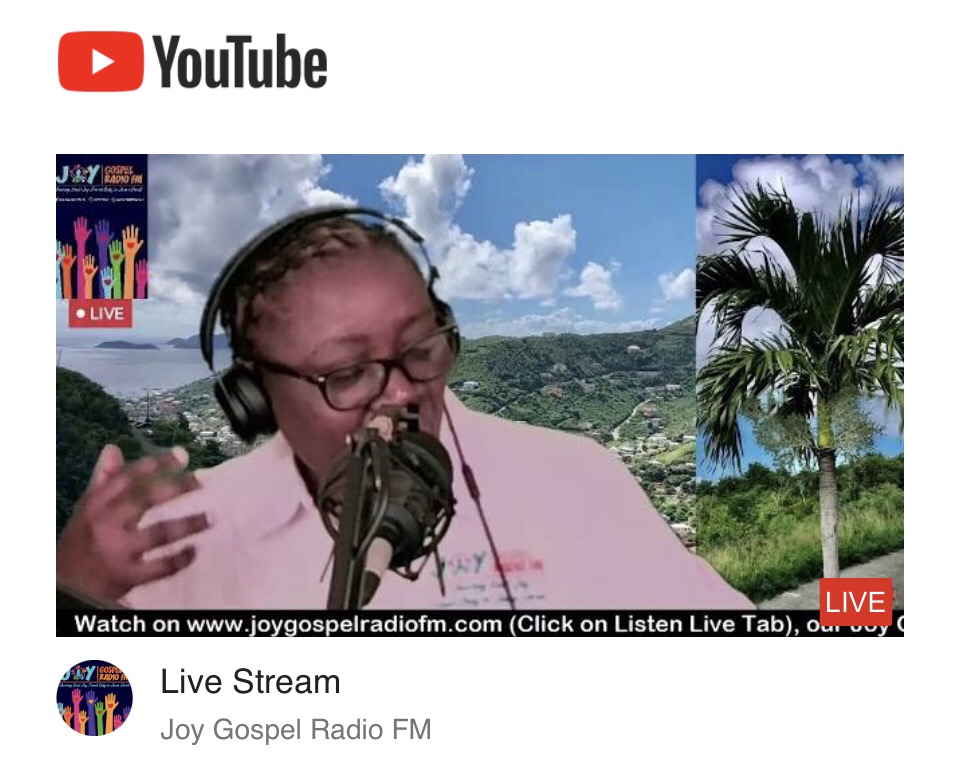Words of Instruction – Teaching Across Generations | Building up The Body: Everyone has Something to Give
- Angela U Burns

- Sep 3, 2025
- 3 min read
In Acts chapter 18, we learn that the Apostle Paul established a Christian church in Corinth around AD 50.
Corinth was a major city in Ancient Greece. Two of Paul’s letters in the New Testament are addressed to this church: 1 Corinthians and 2 Corinthians. These letters deal with issues such as divisions, immorality, spiritual gifts, love, and the resurrection.
From there comes the base scripture for our study during this series: 1 Corinthians 14:26 (ESV)"What then, brothers? When you come together, each one has a hymn, a lesson, a revelation, a tongue, or an interpretation. Let all things be done for building up."
So in Corinth, “instruction” or “a lesson” was not limited to professional teachers or clergy.
Gatherings were small, often in homes, where believers shared what they had learned from Scripture, from the apostles, or from their own walk with God. It was a culture of shared wisdom.
The Apostle Paul wanted teaching to be orderly, understandable, and beneficial to everyone listening.
Back then, instruction was often practical—stories of Jesus retold, Old Testament passages explained, and guidance for living in a pagan culture. Teaching was never about showing off knowledge; it was about building faith.
We know them. There are some preachers, teachers, speakers who delight in showing off their eloquence instead of ensuring that the Word is delivered in a way that reaches the masses.
Scripture speaks directly to that issue.
1 Corinthians 2:1–2 (NKJV) “And I, brethren, when I came to you, did not come with excellence of speech or of wisdom declaring to you the testimony of God. For I determined not to know anything among you except Jesus Christ and Him crucified.”
And 2 Corinthians 11:6 (NLT)“I may be unskilled as a speaker, but I’m not lacking in knowledge. We have made this clear to you in every possible way.”
Today, teaching takes many forms: sermons from pulpits, podcasts on your commute, Sabbath or Sunday school lessons, youth group Bible studies, or even a parent teaching a child to pray before bedtime.
Paul’s encouragement to Corinth reminds us that teaching is not limited to the “professional preacher.” Your testimony, your story, your wisdom, and even your mistakes can instruct someone else in their faith journey.
Paul echoes this in Titus 2:3–4 (NLT): “Similarly, teach the older women to live in a way that honors God. They must not slander others or be heavy drinkers. Instead, they should teach others what is good. These older women must train the younger women to love their husbands and their children.”
Here, instruction is generational — wisdom flowing from one age group to the next.
Think of Timothy. Paul reminds him in 2 Timothy 1:5 (NLT): “I remember your genuine faith, for you share the faith that first filled your grandmother Lois and your mother, Eunice.”
Timothy’s instruction began at home before it was nurtured in ministry. How very important it is for parents to train up the children in the way they should go.
Proverbs 22:6 NKJV:“Train up a child in the way he should go, And when he is old he will not depart from it.”
Generational teaching is as vital today as it was in Corinth.
In our digital world, instruction now travels faster and further — through Facebook livestreams, YouTube devotionals, TikTok clips, and podcasts.
But the core should remain unchanged: the Word of God builds up when shared, regardless of the platform.

Comments